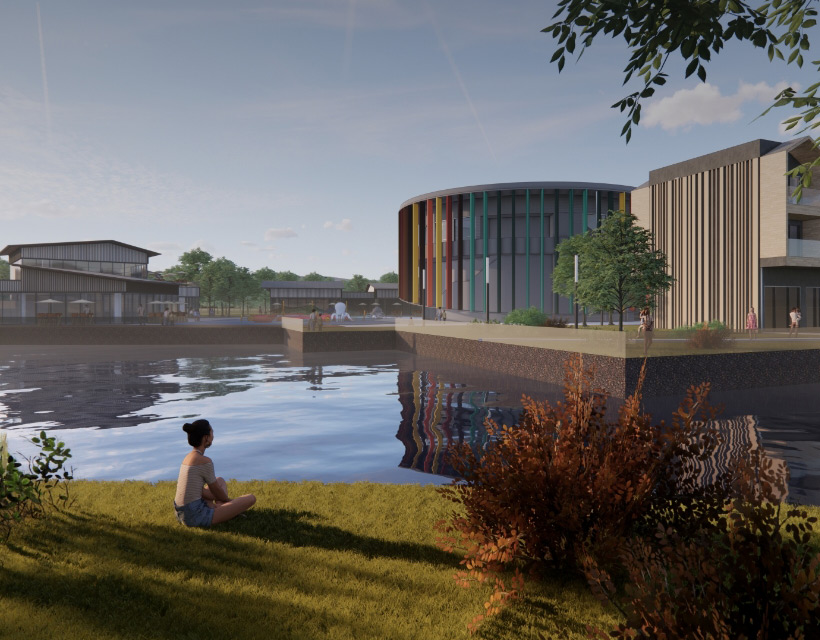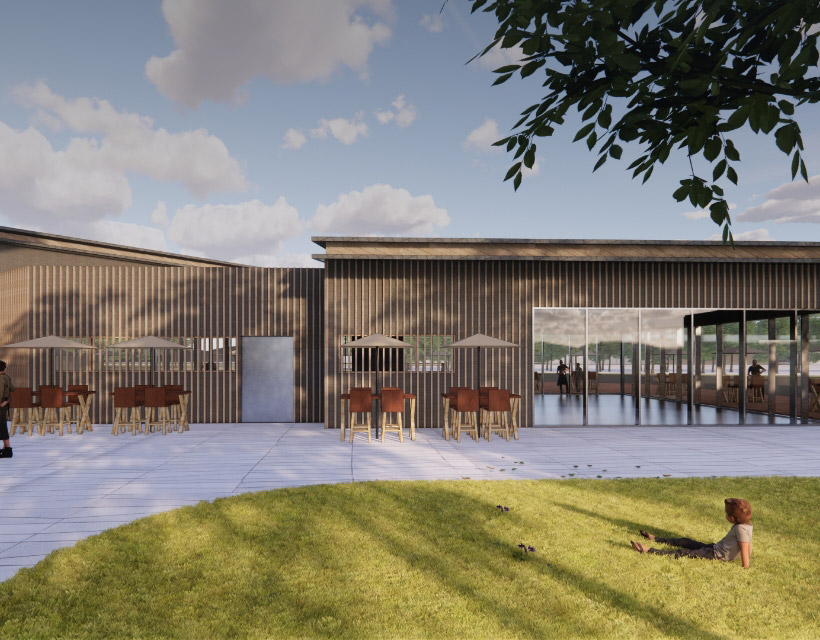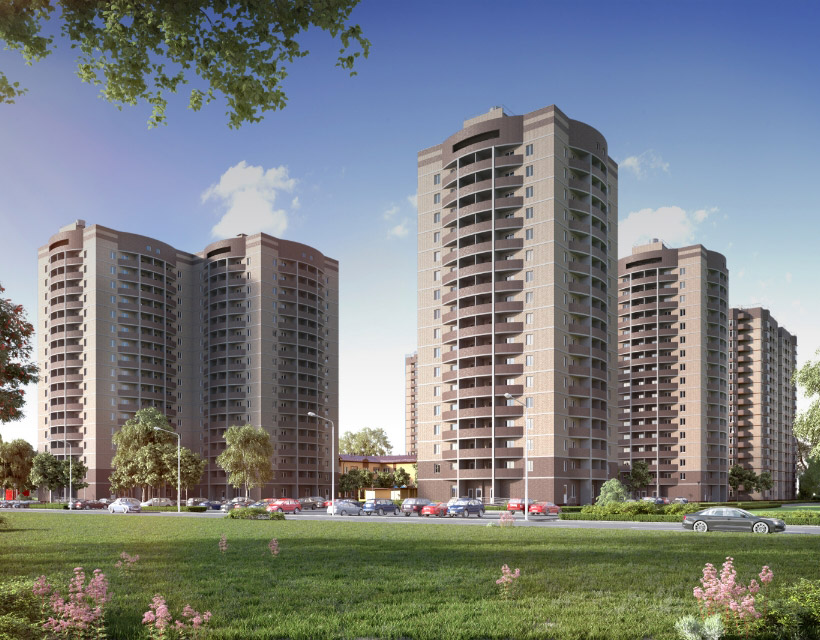faq
Frequently asked questions
Am I Ready to Be a Homeowner?
Becoming a homeowner can offer numerous benefits, but it also comes with responsibilities and considerations. Here's a short overview of the benefits:
- Equity Building: As you pay down your mortgage, you're building equity in your home, which can be a valuable asset over time.
- Stability: Homeownership provides stability and a sense of belonging in a community. You have control over your living space and can customize it to your preferences.
- Potential for Appreciation: Real estate generally appreciates over time, meaning your home could increase in value, providing a potential financial gain if you decide to sell in the future.
- Tax Benefits: Homeownership often comes with tax benefits, such as deductions for mortgage interest and property taxes.
- Sense of Achievement: Owning a home is a significant milestone for many people and can bring a sense of accomplishment and pride.
Are you ready? Before taking the leap into homeownership, consider factors such as your financial readiness, long-term plans, and lifestyle preferences. Ensure you have a stable income, a good credit score, and have saved for a down payment and closing costs. Additionally, factor in ongoing expenses such as maintenance, property taxes, and insurance. Being prepared financially and emotionally is crucial for a successful homeownership journey.
Is Renting or Buying Better?
Whether renting or buying is better depends on individual circumstances and priorities. Renting offers flexibility, as you're not tied down to a long-term commitment, and there's typically less responsibility for maintenance and repairs. It can be a good option for those who value mobility or are uncertain about their long-term plans.
On the other hand, buying a home can offer stability, equity building, and potential long-term financial benefits through property appreciation. It provides a sense of ownership and allows you to customize your living space according to your preferences. However, it requires a significant upfront investment, including a down payment and closing costs, and entails ongoing responsibilities like maintenance and property taxes.
What Is Pre-approval?
A mortgage pre-approval is a preliminary assessment by a lender that determines how much money you can borrow to buy a home. To obtain a pre-approval, you'll need to provide financial information such as income, assets, debts, and credit history to the lender. Based on this information, the lender will evaluate your financial situation and issue a pre-approval letter stating the maximum amount they are willing to lend you for a mortgage.
Having a pre-approval can strengthen your position as a buyer because it demonstrates to sellers that you're a serious and qualified buyer, potentially giving you an edge in a competitive housing market. It's important to note that a pre-approval is not a guarantee of a loan, as the lender will still need to conduct a thorough evaluation of the property and your financial situation before finalizing the mortgage.
Am I Ready to Rent?
Determining if you're ready to rent involves assessing your financial stability, lifestyle preferences, and readiness for responsibilities associated with renting. Ensure you have a stable income that can cover monthly rent payments along with other expenses. Consider your long-term plans and whether renting aligns with your lifestyle and goals. Evaluate factors like location, amenities, and lease terms to find a rental property that suits your needs. Additionally, be prepared for responsibilities such as maintenance requests and adhering to lease agreements. If you're financially stable, have considered your lifestyle preferences, and are ready for the responsibilities of renting, you may be ready to rent a property.
Do I Need a Home Warranty?
Whether you need a home warranty depends on your individual circumstances, preferences, and the condition of the property you're purchasing. A home warranty can provide peace of mind by offering coverage for repairs or replacements of major home systems and appliances due to normal wear and tear. It may be particularly beneficial for older homes or properties with older systems/appliances that could be prone to breakdowns.
However, it's essential to weigh the cost of the home warranty against the potential savings from repairs or replacements. Additionally, consider factors such as the age and condition of the home, existing warranties on appliances/systems, and your ability to cover unexpected repair costs out of pocket.
What Do I Look for in Homes?
When looking for a home, consider several key factors to ensure you find a property that meets your needs and preferences:
- Location: Look for a neighborhood that suits your lifestyle, with amenities such as schools, parks, shops, and transportation options. Consider factors like proximity to work, family, and essential services.
- Size and Layout: Evaluate the size and layout of the home to ensure it meets your needs in terms of the number of bedrooms, bathrooms, living spaces, and overall square footage. Consider whether the layout aligns with your lifestyle and preferences.
- Condition: Assess the condition of the property, including the roof, foundation, HVAC system, plumbing, and electrical systems. Look for signs of damage or deferred maintenance that may require repairs or renovations.
- Features and Amenities: Consider features and amenities that are important to you, such as a backyard, garage, updated kitchen, or energy-efficient appliances. Prioritize must-have features while remaining flexible on others.
- Budget: Determine your budget and stick to it when searching for homes. Consider not only the purchase price but also ongoing expenses such as property taxes, insurance, utilities, and maintenance costs.
- Resale Potential: Think about the home's resale potential, even if you don't plan to sell in the near future. Look for properties in desirable neighbourhoods with good resale value and consider factors that could affect resale, such as market trends and property appreciation.
- Home Inspection: Schedule a professional home inspection to identify any underlying issues or concerns with the property. This can help you make an informed decision and negotiate repairs or concessions with the seller if necessary.
By considering these factors, you can narrow down your options and find a home that fits your lifestyle, budget, and long-term goals.
Still have any questions? Contact us













